I doubt whether classical education ever has been or can be successfully carried out without corporal punishment
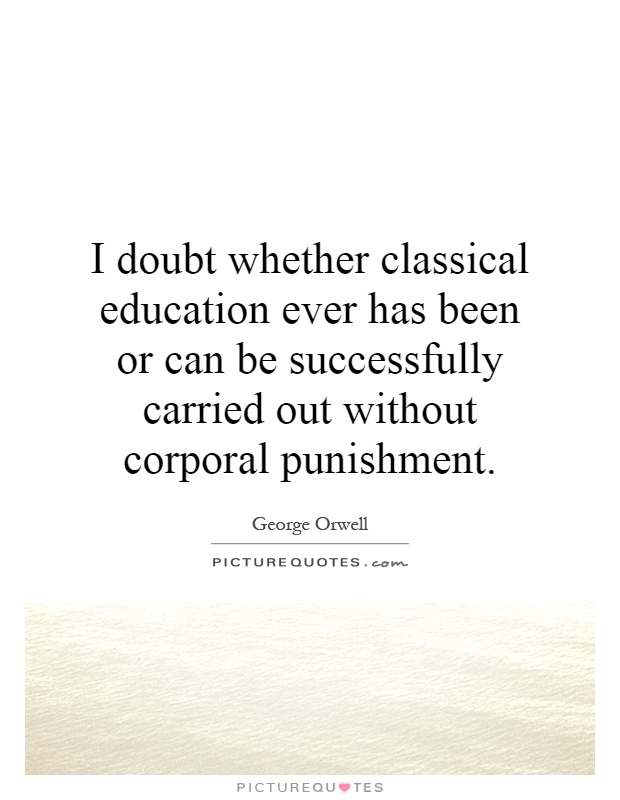
I Do QuotesBe Successful QuotesCorporal Punishment QuotesClassical Education QuotesAbout Success QuotesGeorge Orwell Quotes
I doubt whether classical education ever has been or can be successfully carried out without corporal punishment
In George Orwell's essay "The Prevention of Literature," he discusses the importance of intellectual freedom and the dangers of censorship in education. Orwell was a strong advocate for freedom of thought and expression, and he believed that any form of coercion or punishment in education was detrimental to the development of critical thinking skills.Orwell's views on corporal punishment in education were influenced by his own experiences as a student in England in the early 20th century. During this time, corporal punishment was a common practice in schools, and Orwell himself was subjected to physical punishment by his teachers. He believed that this form of discipline was not only ineffective but also harmful to the intellectual and emotional development of students.
Orwell argued that corporal punishment in education was a form of censorship, as it stifled independent thought and creativity. He believed that students who were subjected to physical punishment were more likely to conform to authority and suppress their own ideas and opinions. Orwell saw corporal punishment as a tool used by authoritarian regimes to control and manipulate the minds of individuals, and he believed that it had no place in a free and democratic society.
Orwell's views on education were also influenced by his belief in the power of literature and the arts to challenge and subvert oppressive systems of control. He believed that a classical education, which focused on the study of literature, history, and philosophy, was essential for developing critical thinking skills and fostering a sense of intellectual curiosity. However, Orwell believed that this type of education could only be successful if it was free from coercion and punishment.

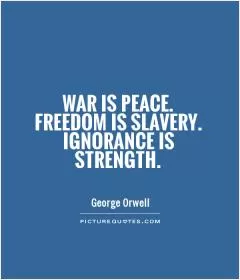
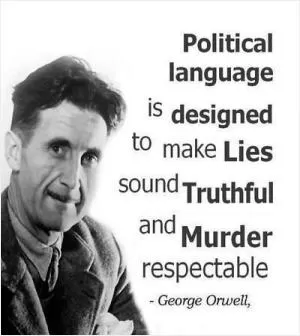
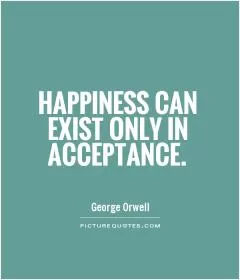
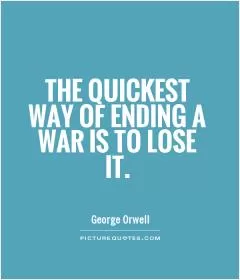
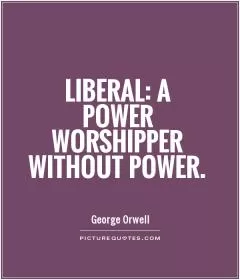
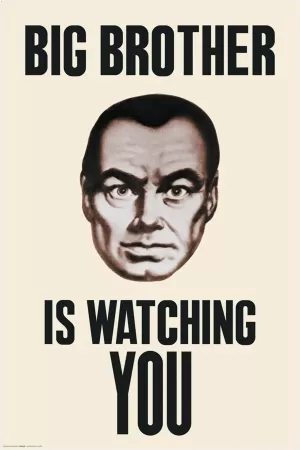
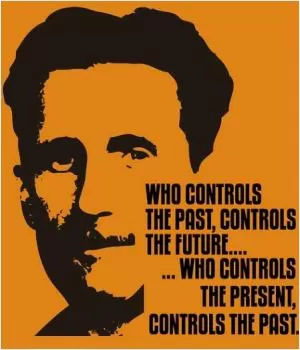

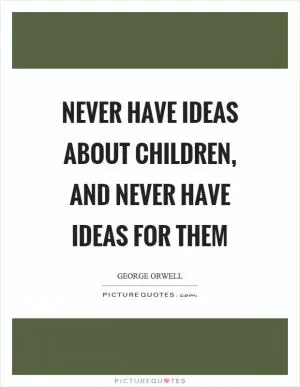
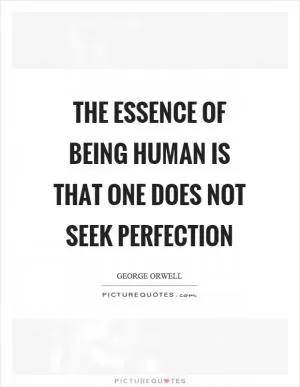

 Friendship Quotes
Friendship Quotes Love Quotes
Love Quotes Life Quotes
Life Quotes Funny Quotes
Funny Quotes Motivational Quotes
Motivational Quotes Inspirational Quotes
Inspirational Quotes